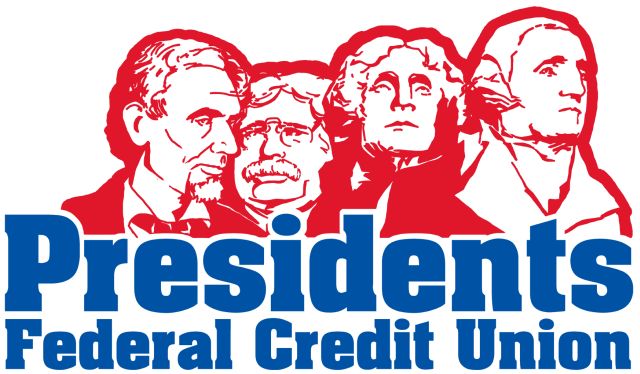What is FDIC insurance and what does it cover?
What is FDIC insurance?
The Federal Deposit Insurance Corp. (FDIC) is the agency that insures deposits at member banks in case of a bank failure. FDIC insurance is backed by the full faith and credit of the U.S. government.
The FDIC insures up to $250,000 per depositor, per FDIC-insured bank, per ownership category. This guarantees consumers that their money is safe, as long as it’s within the limits and guidelines.
Why the FDIC was created
The FDIC was created in 1933 to protect consumers when financial institutions fail and are forced to close their doors.
During the Great Depression, insurance for banks was not available. So when banks failed, Americans lost their savings. Now when banks fail, the FDIC steps in to protect depositors and their money.
“Bank failures are unusual,” says Mark Hamrick, Bankrate’s senior economic analyst and Washington bureau chief. “But when they happen, affecting covered institutions, FDIC coverage is important.”
Which institutions are covered by FDIC insurance?
The vast majority of banks, including online banks, offer deposit customers FDIC insurance.
An online bank that’s FDIC-insured has the same FDIC coverage as a brick-and-mortar bank. If you open an account with an FDIC-insured bank, you are automatically enrolled in the federal insurance.
You can confirm that your bank is FDIC insured by using the FDIC’s BankFind Suite.
It is rare for a bank not to have FDIC insurance, but there are exceptions. Bank of North Dakota, for example, is not FDIC-insured. Instead, it is backed by the full faith and credit of the State of North Dakota.
Credit unions are regulated differently from banks and have their own federal deposit insurance through the National Credit Union Share Insurance Fund (NCUSIF). The fund was created by Congress in 1970 to insure deposits in member credit unions.
What FDIC insurance covers
FDIC insurance covers traditional bank deposit products, including checking accounts, savings accounts, certificates of deposit, Negotiable Order of Withdrawal (NOW) accounts and money market deposit accounts.
The FDIC classifies deposit accounts into several ownership categories, including single accounts, joint accounts and retirement accounts. Individual depositors are insured up to $250,000 per each ownership category, per FDIC-insured bank. If an account holder has more than $250,000 in accounts that fall under a single ownership category at one bank, anything over that amount is not insured.
An individual account is insured separately from a joint account, since they are distinct ownership categories. Joint accounts are insured $250,000 per co-owner, so a $500,000 CD owned by two joint account holders would be fully insured because each account holder is insured for up to $250,000.
If Sarah has $250,000 in a joint savings account and $200,000 in a checking account as a single owner, her money is fully insured — even though the total deposits exceed $250,000, the money is split between different ownership categories, so each account is insured separately.
On the other hand, if Cameron has $200,000 in a high-yield savings account and $125,000 in a CD at the same bank, in his name alone, $75,000 of his deposits is uninsured. To make sure his money is entirely federally insured, he could open an account at a separate FDIC-insured bank or transfer some of the money into a jointly owned account.
FDIC insurance also protects interest earnings, as long as the principal and interest combined do not exceed the $250,000 cap. If you have $248,000 in a CD account that has earned $2,000 in interest, the full amount is covered because your account does not exceed the insurance limit.
What the FDIC doesn’t cover
The FDIC does not insure investments. Even if you buy stocks, bonds, mutual funds, annuities or life insurance policies through a bank, your money is not protected. The FDIC also doesn’t cover the contents of your safe-deposit box either.
Payment providers, such as PayPal and Venmo, also do not qualify for FDIC insurance because they are not banks. There are some exceptions, though. PayPal offers pass-through FDIC insurance for funds that are directly deposited to a PayPal account. Note that it isn’t PayPal itself that comes with the insurance, but rather the funds are held in a custodial account at an FDIC-insured bank that partners with PayPal.
PayPal-owned Venmo is not a bank and would not qualify.
If you’re not sure whether all your deposits are FDIC-insured, talk to a bank representative or use the FDIC’s Electronic Deposit Insurance Estimator (EDIE) and enter information about your accounts.
Cincinnati Credit Union – Presidents Federal Credit Union (FCU) is federally insured and backed by the full faith and credit of the United States government for all accounts up to $250,000.00. We have over 60 year’s experience and offer the best values with friendly customer service.



Recent Comments